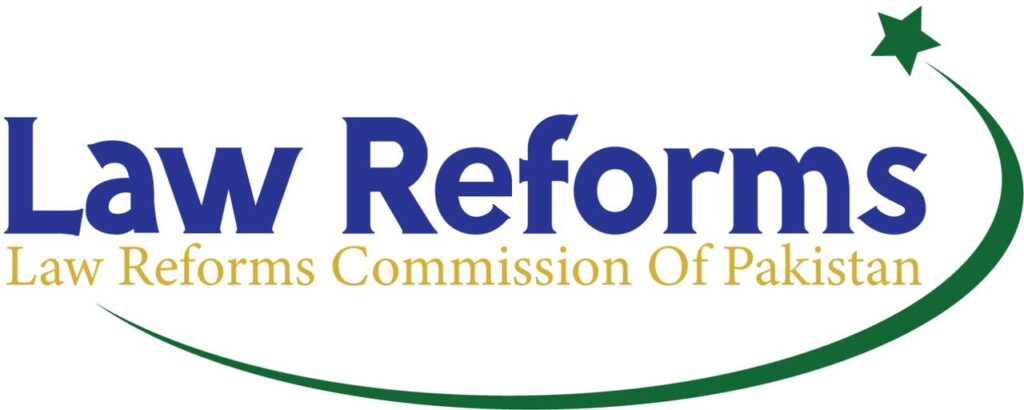Can Democracy Survive In Pakistan With Foreign Influence?
- Hidden political donations in Pakistan since the 2000s have raised concerns about potential political influence, damaging public confidence in the democratic process.
- Proposed solutions include greater state funding for political parties and compulsory monthly party membership fees, with arguments both for and against these funding models.
- Intra-party elections and candidate nominations within political parties need reform to ensure transparency, fairness, and grassroots participation, with the Election Commission of Pakistan (ECP) playing a supervisory role in the process.
The rise of hidden donations to political parties since the 2000s has led to the perception that one might be able to buy access or political influence – in much the same way that our parliamentarian often reveals in press and private conversations. For example, PTI ex-chairman Imran Khan’s leaked audio statement about buying five MNAs and the possibility of 6th during the no-confidence motion in March 2022, raised serious questions on the independence of our democratic process and naturally the source of those funds used for this dirty manipulation of our democratic process. In Senate seats, the same has been heard repeatedly, of being compromised via seat-buying. All these lead to calls for urgent regulations and reforms in the electoral process, if we envision true democracy.
Sir Hayden Phillps wrote a report in 2007, Strengthening Democracy: Fair and Sustainable Funding of Political Parties (2007), which concluded that one way forward might be greater state funding for political parties – perhaps on a ‘pence-per-voter’ or ‘pence-per-member’ funding formula. In Pakistan, this needs to be explored to create greater transparency. This argument shall be put to the public debate for collective wisdom and creating consensus.
On the other hand, arguments for state funding include that if parties were not funded by taxpayers, they would be funded by special interest groups, which means democracy is already hijacked by interest groups. Also, State funding would allow politicians to focus on representing their constituents. Finally, it would also mean that parties such as the 2nd tier parties could finally compete on an equal financial footing.
Arguments against state funding include the question of why should taxpayers bankroll parties that they may not support. Also, politicians could become isolated. It is good that interest groups are at the heart of government. There is also the acceptance that parties will always have unequal resources, even if finances are tinkered with in this way.
Charter Of Demands Ahead of General Elections In Pakistan – Citizen’s Magna Carta
The third argument which is currently practiced in the most civilized world is that of compulsory party membership monthly fee, which is mostly further categorized into four tiers; Regular (say Rs. 100 monthly), silver (say Rs.1000 monthly), Gold (say Rs.10K monthly) and Platinum (say Rs.100K monthly) with variable benefits for the party meetings participation.
To date, neither the political parties nor successive governments, have accepted the argument for this kind of change. Public skepticism about party funding – and media stories about favors and access given to donors – continues to damage public confidence in politics. The result is the general perception by the public that the electoral process is controlled by the few, or the filthy rich who have excess dirty money to pour for their later gratifications, and the true competent honest candidates can even contest elections.
The basic precise argument made by our predecessors remains true, that in the absence of donations made by party members, the costs incurred in running a major party, there are only two possible alternative sources of funding: the wealthy class taxed for the electoral process or additional funding by the state or the membership contribution by the party members. If we want to reduce reliance on any foreign intervention/funding, then parties – and the public – would have to accept the latter.
In a recent review of political parties, there seems to be little desire to conform to any such change. Without the political will or public appetite for major reform of party finance, due diligence, transparency, and scrutiny must continue to act as the first line of defense.
This overview raises an important argument as a baseline now for the public; “Are we ready to advocate reforms in the political parties to safeguard our democracy or we shall simply sleep and let Pakistan derail through foreign funding/intervention.”
Intra- Party Elections
As a matter of statute, intra-party elections are mandatory for each registered political party with the ECP. In reality, each political party indulges in evading the law of ‘true independent and fair intra-party elections’ by doctorating an internally controlled mechanism. This has resulted in repeated faces, whether competent or otherwise, and created a hegemony cum stagnation, wherein competent deserving individuals are intentionally ‘kept out’ to secure tight control of favoritism. It has also been observed that subject matter experts of high repute are specially kept away, resulting in incompetent governance.
To reform this area ECP shall conduct intra-party elections under its supervision, same as a general/by-election election regulation. This will eliminate any corrupt practices and true candidates will emerge.
Political Party Funding Reforms
As argued above, a clear, transparent, and criticisable political party financing mechanism needs to be devised with collective wisdom. We can’t reinvent the wheel, the wheel can only be improved. A clear internal/national source of funding mechanism will not only eliminate foreign intervention in our democracy but will also eliminate dirty money through which political meddling is secured, thus derailing the democratic process. Cartelization within the political parties by influential groups will self-die rather than annihilate.
Political Parties Ticket Nominations
Party ticketing by kitchen cabinets is a recipe for corruption, gratification, and promoting self-favouritism. All parties are involved in this mechanism, wherein the party membership has no say in candidate selection, resulting in incompetent individuals who have no say in legislative business nor vision for the nation/electoral representatives.
As serious reforms, party candidates shall only be selected by the party members voting of that particular constituency, under the supervision of ECP. This will create a sense of participation on the grassroots level and a true representation of each political party.
By Dr. Ahsan Rajput ~ The writer is a prominent scholar of Law (a jurist) and fellow of the University of Cambridge.
This article was Published on 09th January 2024 in THE ISLAMABAD TELEGRAPH https://theislamabadtelegraph.com/2024/01/reforming-political-pakistan-parties/




